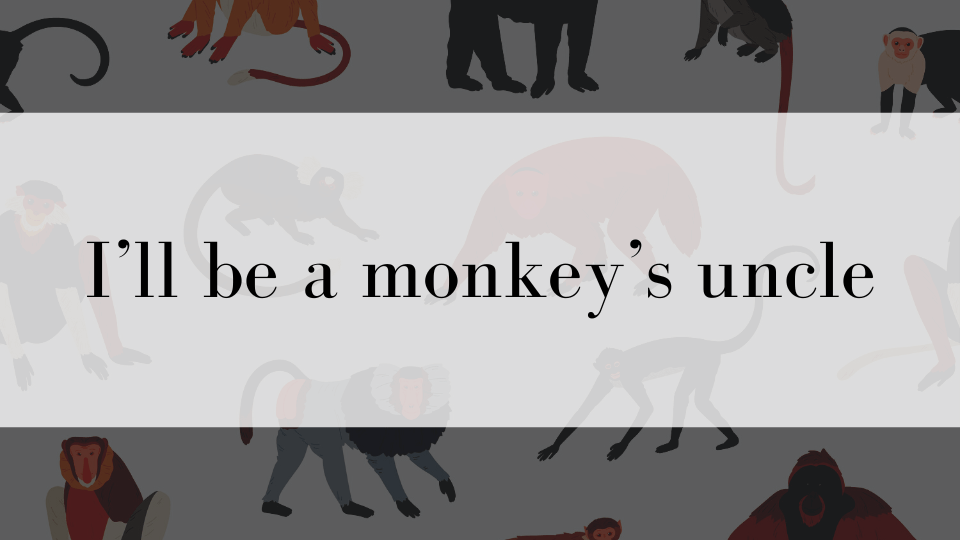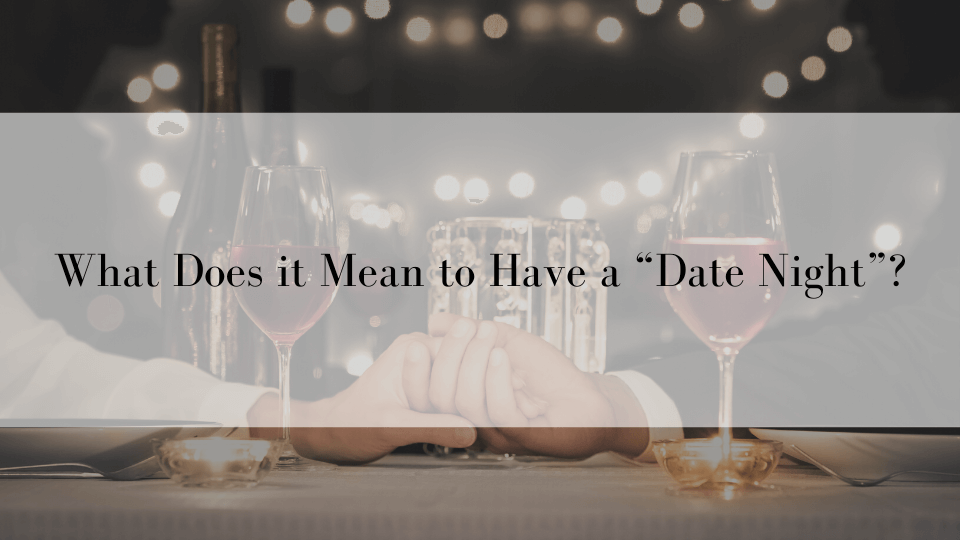今日のブログでは、「Catch a Movie」というよく耳にするイディオムについて詳しく説明します。
このフレーズは、友人、親戚、同僚などと話す時にとても役立ちます。
人との交流の中でよく使われるので、そのフレーズの正確な意味や使い方を理解しておくと便利です。
「catch a movie」の意味
「catch a movie」の意味は非常にシンプルで、誰かと近い将来映画を観ることを指します。
基本的に、誰かがあなたに「catch a movie」と言ったとき、あなたと一緒に映画館に行って何かを観たいという意味を含んでいます。
「watch a movie」というフレーズと基本的にほとんど違いはありませんので、どちらを使っても同じ意味になります。
「catch」は「take hold of (掴む)」や「to get and hold (手に入れて保持する)」などの意味を持つ動詞ですが、視覚的なものに対して使われる場合は意味が変わります。
「catch a …」を使った例文
「catch a movie」の基本的な意味は「watch a movie」と同じですが、「catch a」は他のいくつかのフレーズとも置き換えることができ、何かを見たり観察したりするプロセスを表します。
[例文]
Let’s catch the fireworks at the park tomorrow
(明日、公園の花火を見に行きましょう)
Let’s catch a musical at the theatre
(劇場へミュージカルを見に行きましょう)
Let’s catch a live performance
(ライブパフォーマンスを見に行きましょう)
上記の例で、「catch」を「watch」や「see」に置き換えても全く同じ意味になります。
「catch a movie」の別の言い方
「catch a movie」はとても一般的でよく使われるフレーズですが、英語は非常に柔軟な言語であるため、同じことを言い表す他の方法もいくつかあります。
[例文]
Let’s go see a film
(映画を見に行きましょう)
I wanna check out a movie tonight
(今晩、映画を見に行きたいです)
How about we have a movie night?
(ムービーナイトをしませんか?)
これらの表現は基本的に同じ意味ですが、最後の「ムービーナイトをしませんか?」は、家や映画館で複数の映画を見るかもしれない、というニュアンスを含んでいます。
私が心から楽しんだ映画たち
最近で印象に残った楽しい映画として思い浮かぶのは、オリジナルの『ターミネーター』(『ターミネーター1』と『ターミネーター2』)と、2022年に公開されたニコラス・ケイジ主演の『Pig』です。
『ターミネーター1』と『ターミネーター2』はSFとアクションのジャンルの定番で、今でも十分に楽しむことができます。
一方、『Pig』は素晴らしいゆっくりとした映画で、重いテーマと共に見事な撮影とニコラス・ケイジの素晴らしい演技が見どころです。とてもオススメの映画です。
実践的な英語ならケンジントン英会話
ケンジントン英会話では、教科書には載っていない、生きた表現を身に付けられます。
福岡市内の教室やオンラインで、経験豊富でフレンドリーな講師と一緒に英語を学びませんか?
実践的な英語を学びたい方はケンジントン英会話の公式サイトをチェック!
[英語原文]
Today’s blog post is all about the commonly heard idiom of “Catch a Movie”, which is a phrase that’s very useful in social circumstances, whether it be among friends, relatives and colleagues. It’s most often used in the social realm so understanding what exactly it means and how to use it is quite handy.
The Meaning of “Catch a Movie”
The meaning of “catch a movie” is actually very simple – it means to watch a movie in the near future with someone. Essentially, when someone says to you that they’d like to “catch a movie”, it’s an implication that they’d like to go to the cinema with you to see something. There is fundamentally little difference between it and the phrase “watch a movie”, so if you were to say either of them in the same sentence, it’d mean the same thing. The verb is different in separate circumstances – the word “catch” means to “take hold of” or “to get and hold” something, but its meaning shifts when it refers to something that we see or look at.
Example Sentences Using “Catch a …”
While the fundamental meaning of “catch a movie” is the same as “watch a movie”, the term “catch a” is interchangeable with several other phrases that involve the process of seeing or watching something. For example:
“Let’s catch the fireworks at the park tomorrow”
“Let’s catch a musical at the theatre”
“Let’s catch a live performance”
If you were to look at the above and change the word “catch” with “watch” or “see”, you would get exactly the same meaning.
Another Way to Say “Catch a Movie” with Examples
While “catch a movie” is a very common and popular phrase, there are a few other ways you can say the same thing due to English being such a flexible language, for example:
“Let’s go see a film”
“I wanna check out a movie tonight”
“How about we have a movie night?”
These three examples all share the same meaning barring the last one, which implies that there might be multiple movies that may be at a home or at a cinema.
Movies that I’ve caught and really enjoyed
Some recent movies that come to mind that have been really enjoyable have been the original Terminator movies – Terminator 1 and 2 – and a film released in 2022 called “Pig”, starring Nicholas Cage.
Terminator 1 and 2 are certified classics of the sci fi and action genre and still hold up extremely well today. On the other hand, Pig is a wonderful, slow film that deals with some heavier themes alongside some fantastic cinematography and great acting on the part of Nicholas Cage. It’s a movie that comes highly recommended.
~*~*~*~ \ Follow me / ~*~*~*~
Instagram : @kensington_eikaiwa
Twitter : @Kensington_Eng
Facebook : @kensingtoneikaiwa
YouTube : KENSINGTON英会話
~*~*~*~*~*~*~*~*~*~*~*~*~*
◆お問い合わせはこちら
ケンジントン英会話:お問い合わせフォーム








































